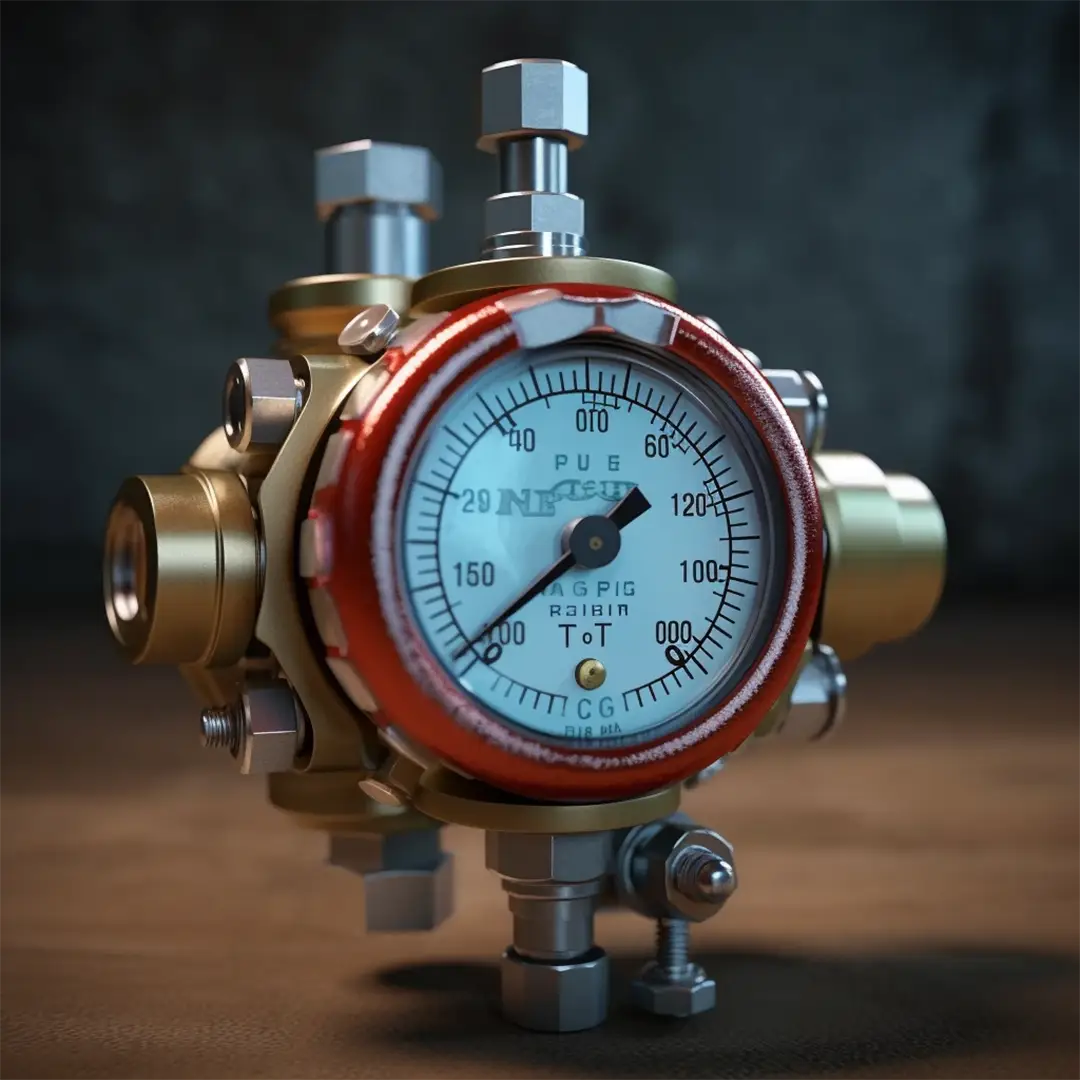Everything you need to know about Intervis® slotted threaded inserts

What are the characteristics of Intervis®?
In soft and medium-hard materials (light alloys, plastics, compressed wood), taps are poorly resistant to repeated stresses. If you tighten the screw too vigorously or too frequently, the threads are torn off and the part is out of use.
More resistant fixing means can be used, such as over-molded threaded sockets or threaded inserts, but these solutions can be restrictive during use because they are more difficult and longer to install and sometimes more expensive.
At LGC Industries, we have registered the trademark Intervis® Who is a threaded slot insert, also called self tapping socket.
Intervis® are used like a tap and allow you to screw directly into a smooth hole. A hole simply needs to be drilled beforehand. The insert itself cuts the thread into the material to ensure additional safety and strength.
We recommend using the inserts Intervis® in aluminum assemblies, because their surface treatment eliminates the electrolytic couple between the two materials. Piercing groups are an average indicator. During installation, it is advisable to test by drilling 1/10th above or below the diameter indicated to take into account the particular characteristics of certain materials.
Intervis® offers several advantages:
- Without pre-tapping, the insert anchors perfectly into the material
- Absence of play between the spacer and the part
- Very high pull-out resistance
- With 30% to 40% coverage, Intervis® reaches its maximum pull-out resistance
- Eliminating tap wear
- Increased safety during use
At LGC Industries, there are several ranges ofIntervis®. First of all, they can be produced in various materials such as Crude Steel (SCTA), Zinc-plated Steel without chrome 6 (SCT), Brass or Stainless Steel.
- The 3-hole intervis® has 3 equidistant cylindrical holes on the outer surface
- The Intervis® threaded slotted insert has two longitudinal slots on the sides
Do not hesitate to Consult us If you are hesitant about choosing the Intervis and the material, our technical experts will guide you in the best way.
How are Intervis® made?
To begin with, the threaded insert is a metal fastener comprising a tap, i.e. a thread inside the hole, as well as an external thread. Its main characteristic, in addition to the threads, is its slot.
The beginning of the manufacturing process of Intervis® is similar to that of conventional sockets.
The first step is the external threading of the raw material coil. This stage is called the taxiing because the Intervis® passes between 3 rollers and the rolling system will cold deform the part by compressing it to create the thread. The advantage of cold deformation is the strengthening of the elastic strength of the material. Thus, an insert tapped into a rolled material will have better pull-out resistance than a laminated material.
The second step is the bucking of the raw material tube in a suitable machine. The tube is cut to the desired length. It is possible to add chamfers or finishes to the material.
Then, the self-tapping socket will undergo a milling. A milling cutter will cut the piece and create this characteristic slot of the Intervis®.
The final step is the Tapping, that is to say the internal thread of the Intervis®. To do this, a rotating tap will pass inside the part to give it a thread.

What are the application cases related to Intervis®?
In the car, the slotted self-tapping threaded inserts are present in car headlights as well as in aluminum or plastic casings.

Outside the automotive industry, Intervis® are present in overmolded assemblies, the mold is lodged in the threads of the part while the part tap will act as a thread for the fixing element that will be screwed inside.
In the automotive industry, the 3-hole Intervis® may be present in the door attachment, the 3 holes ensure better load distribution and a more robust attachment.

Outside the automotive sector, 3-hole Intervis® can be used to attach electronic device cases.
Conclusion
It is important to choose fixing methods adapted to your applications. Les Intervis® self-tapping sockets, must be chosen carefully to ensure the correct maintenance of the parts.
At LGC Industries, we have been experts in cylindrical fasteners for 85 years. Our objective is to support our customers in the co-design of the product adapted to their needs. That's why you can easily contact us On our website so that we can support you in your project and respect your specifications.
Thanks for reading and see you soon at LGC Industries!




